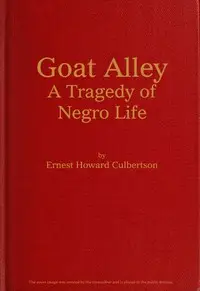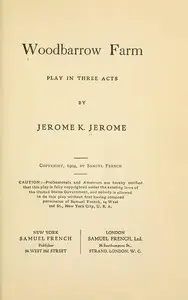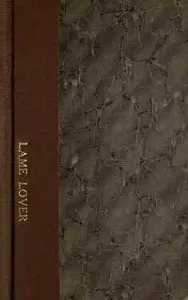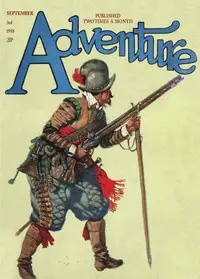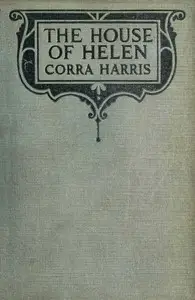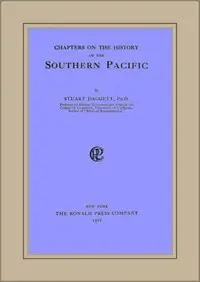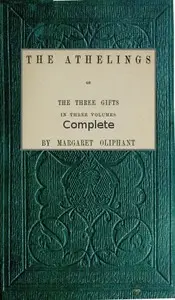"The Mule-Bone: A Comedy of Negro Life in Three Acts" by Langston Hughes and Zora Neale Hurston is a play that takes place in a close-knit Black Southern town during the early 1900's. Its narrative explores comical themes, the relationships of community, and the difficulties of social behaviors. The play tells the story of Jim Weston, a guitarist, and Dave Carter, a dancer, who are rivals when it comes to Daisy Taylor, a woman in their town. This results in tension. As the play starts, the audience watches an afternoon at Joe Clark's general store, full of the townspeople talking and joking amongst themselves. As people begin to meet and develop relationships, hints of rivalry and love for Daisy start to take shape, specifically between Jim and Dave, which suggests a coming conflict. The feel of the play is upbeat, humorous, and suggestive. The scene is set for a larger drama that surrounds the main conflict between Jim and Dave, as their fight to affection for Daisy grows, highlighting aspects of romance, envy, and conflicts within the community.
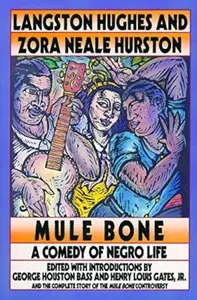
The mule-bone : $b a comedy of Negro life in three acts
By Langston Hughes
In a lively Black Southern town, two rivals, a guitarist and a dancer, clash over one woman.
Genres
Released
2006-10-02
Formats
epub
epub (images)
epub3 (images)
mobi (images)
mobi
txt
Free Download
Summary
About the AuthorJames Mercer Langston Hughes was an American poet, social activist, novelist, playwright, and columnist from Joplin, Missouri. One of the earliest innovators of the literary art form called jazz poetry, Hughes is best known as a leader of the Harlem Renaissance. He famously wrote about the period that "the Negro was in vogue", which was later paraphrased as "when Harlem was in vogue."
James Mercer Langston Hughes was an American poet, social activist, novelist, playwright, and columnist from Joplin, Missouri. One of the earliest innovators of the literary art form called jazz poetry, Hughes is best known as a leader of the Harlem Renaissance. He famously wrote about the period that "the Negro was in vogue", which was later paraphrased as "when Harlem was in vogue."
Total Reviews
10.0k
Total reviews from Goodreads may change



